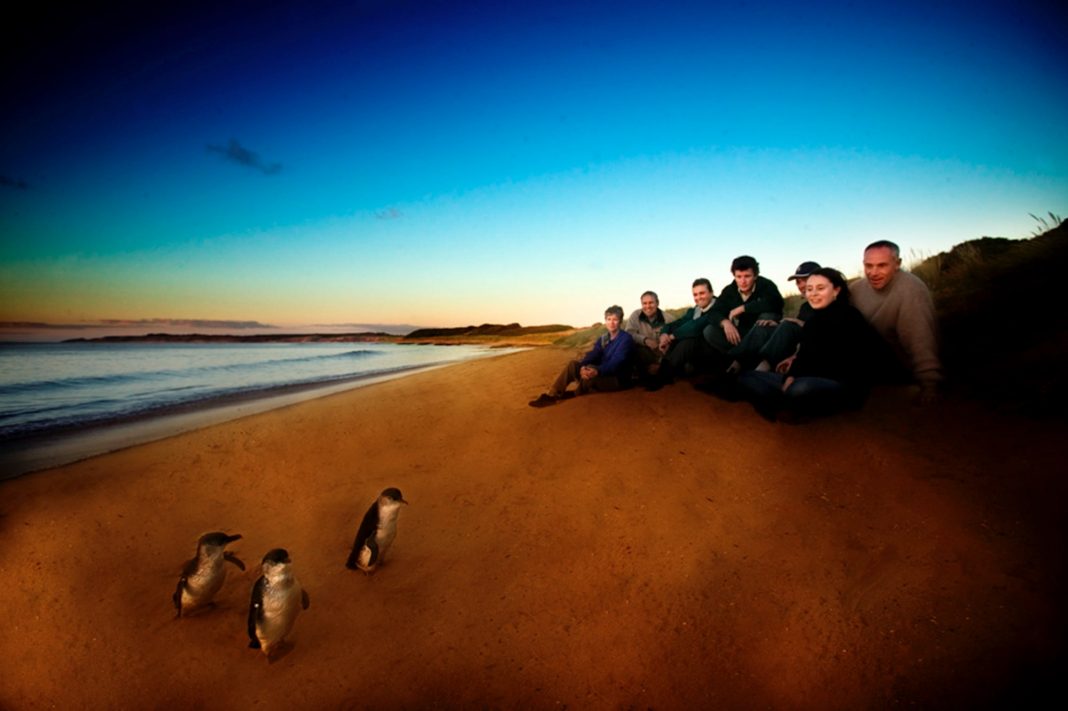Huddling on the beach in a blanket to watch the penguins paddle home is usually the highlight of a trip to Phillip Island – even in the depths of winter.
But there are no tourists anywhere on the island during Victoria’s fifth lockdown, and worse, there are about 30 exposure sites in the region.
Tourism makes up 44 per cent of the island’s economy, worth an estimated $529 million the year before the pandemic hit.
At the Penguin Parade, the loss of 500,000 yearly international visitors meant business was down 60 per cent even before the latest lockdown.
The cancellation of the Phillip Island MotoGP event earlier in July was another major blow to the local economy, estimated at more than $40 million.
“While the good times have been good, the bad times have been bad,” Kim Storey from Destination Phillip Island told AAP.
Each time restrictions ease, Melburnians desperate for a break head down to the island, even causing traffic jams on the road to the bridge.
Ms Storey said before the latest lockdown, the winter holidays and weekends had been busy, with visitors from within Victoria spending generously.
“The challenge has been the stopping and starting, with loss of bookings and loss of perishables,” she said.
Tourist spots within a quick drive of major capitals, like the Blue Mountains, west of Sydney, and Daylesford, 90 minutes northwest of Melbourne, have a similar story.
Major events have been called off and a bumpy ride has been endured via reliance on domestic spending.
Austrade’s national visitor survey results for the year to the end of March 2021 show spending down 42 per cent – a massive drop of $33 billion.
Dr Joanne Pyke, head of Victoria University’s School for the Visitor Economy, says domestic tourists don’t spend as much as those from overseas.
The tourism industry is “financially and emotionally depleted”, she told AAP, with moments of “peak demand” on long weekends and school holidays bringing problems of their own.
Insecure work means many employees have drifted into industries seen as more reliable, such as health or construction, according to Dr Pyke.
“It’s a global phenomenon; it’s so insecure people would rather work in a supermarket than risk losing their job,” she said.
AAP



